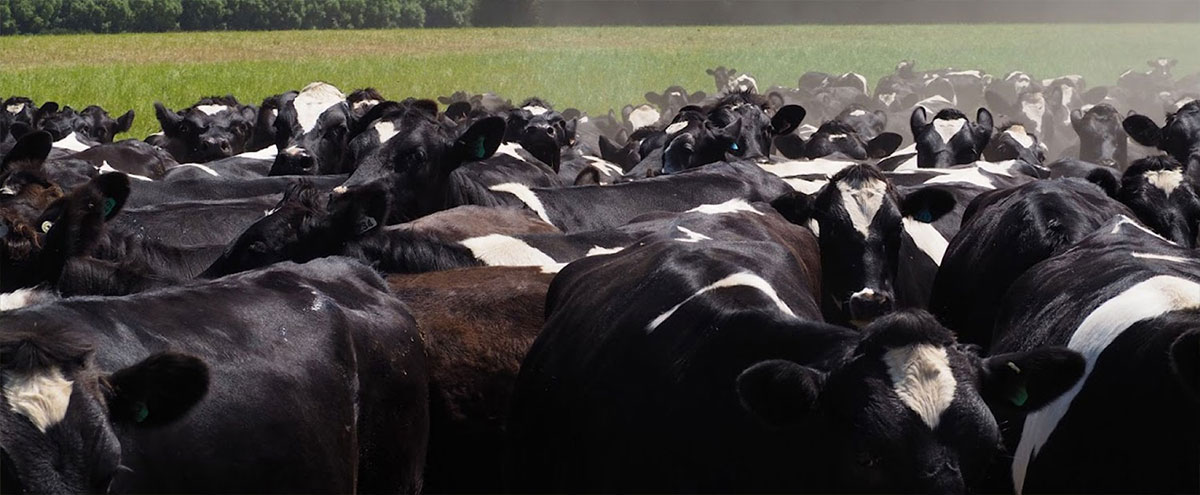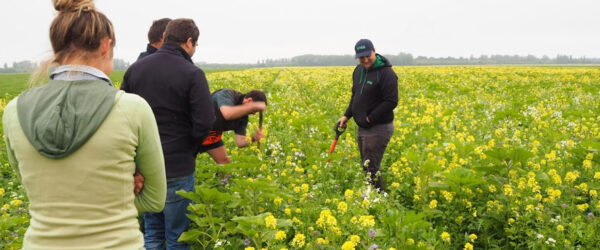- Environmental Benefits: Regenerative farming can reduce erosion, improve water quality, enhance biodiversity, and sequester carbon, contributing to climate change mitigation (see point 8) and overall ecosystem health.
- Soil Health and Productivity: Healthy soils are more productive and resilient, leading to higher yields and more sustainable food production in the long term.
- Ecosystem Restoration: By fostering diverse plant and animal life, regenerative farming enhances biodiversity, which helps create more resilient ecosystems.
- Pollinator Support: Plant diversity attracts pollinators, which are crucial for the health of many crops and wild plants.
- Animal Welfare Better Livestock Conditions: Practices such as rotational grazing provides a more natural nutritional profile for animals and more humane conditions for livestock, which can lead to healthier animals and potentially better products.
- Economic Resilience: By reducing dependency on external inputs like synthetic chemicals and improving ecosystem services, regenerative farming can lower costs and increase economic stability for farmers.
- Nutritional Density: Animals raised on crops grown in healthy soils often have higher nutritional value, contributing to better human health.
- Climate Change Mitigation: By sequestering carbon in the soil and reducing greenhouse gas emissions, regenerative farming helps combat climate change.
- Social and Community Benefits: Regenerative farming practices can strengthen rural communities by promoting local food systems, improving livelihoods, and fostering a connection to the land.
- Intergenerational Equity: By focusing on regeneration, these practices ensure that future generations will inherit productive and healthy land.








